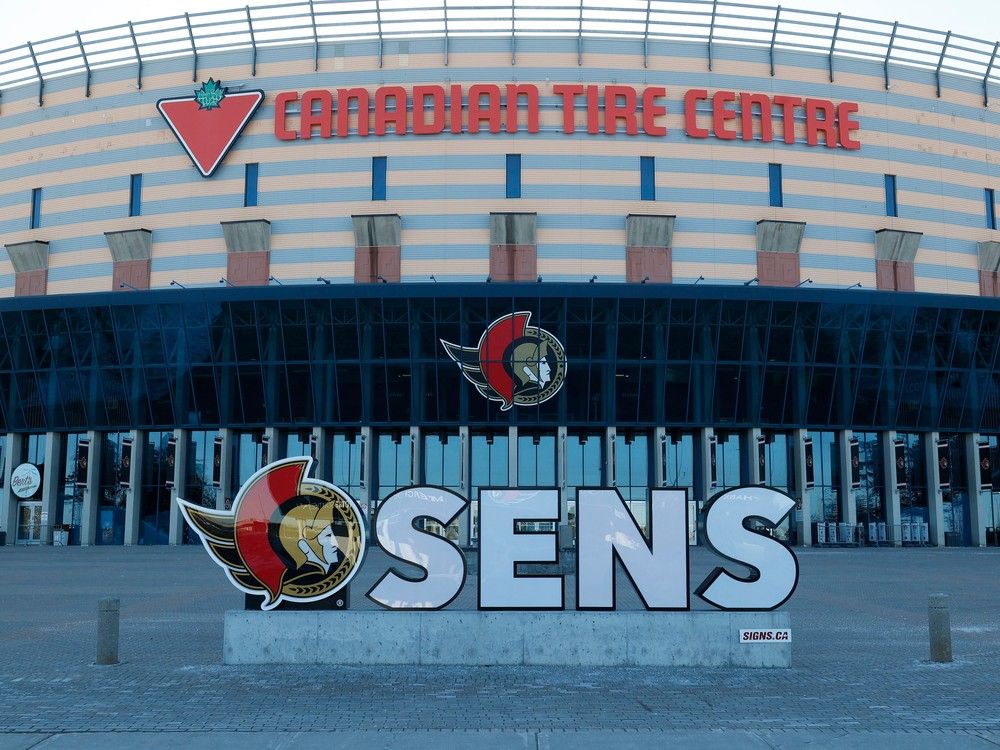We are misunderstanding each other, but ok.
I’m not talking about past losses.
I’m not disputing that real money was spent on the building.
I promise you that you are not understanding the concept of depreciation expense. Depreciation expense hides profit.
And caps lock are not necessary.
Depreciation is in no way 'hiding' profits. it is spreading it out over the next X years, but it's not like you are hiding anything - your tax return will have on it "what my asset cost me; how much the depreciation is; how much money I made from that asset". No hiding; they know.
A long term asset (like say a building) is a valid business expense and can be counted against revenue to calculate profit and ultimately taxes.
if we don't use depreciation then how are you accounting for that expense? taking it all in year 1? even if we allowed that, it would not make a difference. You would have a hug loss in year 1 and would then allocate that loss against future revenue to net each year profit to 0 (and therefor no tax) until you run out of the loss. That number of years is going to be pretty close to the depreciation schedule used for your annual property depreciation.
Do we allow you to make up your own rules about depreciation. "I'll take 30% next year, then 50%, and then the final 20%". Another use of depreciation - everyone depreciates their building or machine etc., at the same rate and number of years and matches directly to revenue and therefor profit for a given year. if I'm looking to buy your business or invest in it, I can apply various ratios to see if it is well run vs. some other business.
Looks like you have purchased a rental property in your personal capacity, so sure, depreciation is driving your personal income tax to as low as zero. Great. if I have your personal situation correctly, did your accountant explain this: (stolen from the interwebs, so bolding was a 'comes with')
--================================
Let’s say, for illustration, you currently pay tax on your rental property profits at 31%, based on which tax bracket your total personal income (including the rental) puts you in. When you claim that CCA expense, you will save tax at that percentage each year (assuming your income remains consistent). However, when you sell the property, assuming you sell it for more than you paid for it, you will pay tax on half of the capital gain (difference between what you sold it for and what you bought it for),
as well as tax on the “recapture” of all of the CCA you claimed over the years (ie. because you essentially recovered that money in the sale of the property).
In a year where you have sold a property, that taxable capital gain and the recapture of the CCA
both get added on to your other personal income, possibly boosting you up into a
higher tax bracket for that year. For many people, this
causes tax paid on the recapture to be at a much higher percentage (and therefore total amount) than tax you saved over the years by claiming it.
--====================================
everyone's situation is different, but when I did this 30 years ago as a younger Sens fan, I bet on myself and figured I would be making more money later and thus in a higher tax bracket, so I didn't take the depreciation expense for tax purposes.
You can't hide from the tax man. one for you, 19 for me.






